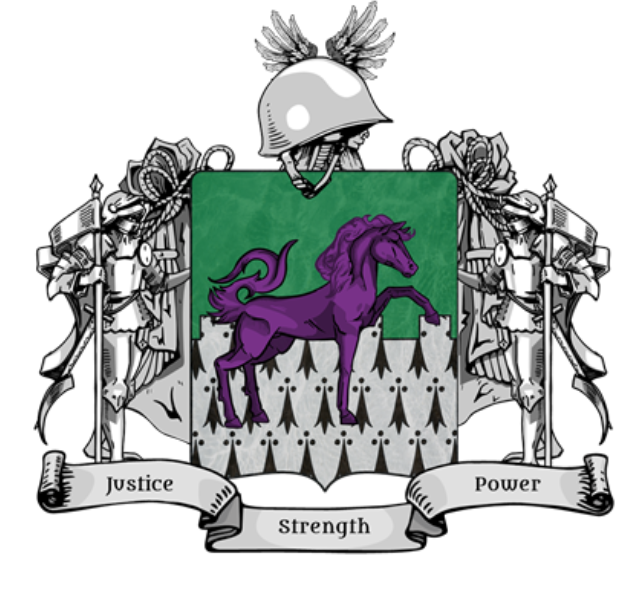Structure of Government
The government of Bradictoria is built on democratic principles, transparency, and service to its citizens. It is composed of three branches that work independently and collaboratively:
- Executive Branch: Headed by the President or Monarch, responsible for enforcement of laws and administration.
- Legislative Branch: The People's Assembly, which debates and passes laws representing the will of the citizens.
- Judicial Branch: The High Court, interpreting laws and ensuring justice is upheld in accordance with the Constitution of Bradictoria.
Leaders of Bradictoria
- Emperor: Bradley Christie
- High Council: REDACTED
National Constitution
Bradictoria's Constitution is the supreme law of the land, outlining the rights of its people and the responsibilities of the state. It establishes the democratic framework that guides all governance and guarantees freedoms such as:
- Article I — The State
Bradictoria is a sovereign, independent, and indivisible micronation.
Its authority derives from the unity of its people and the enduring leadership of the Emperor.
The official motto of the nation is "The Birth of Democracy."
Article II — The Emperor
The Emperor of Bradictoria is the supreme Head of State, guardian of the Constitution, and final arbiter of all law and governance.
The Emperor holds absolute authority over all branches of government, including legislative, executive, and judicial matters.
The Emperor may:
Issue Imperial Decrees with the force of law.
Appoint, suspend, or dismiss any official in any branch of government.
Override any decision of the Assembly, Court, or Ministerial body.
Succession shall be determined solely at the Emperor’s discretion or by a designated Imperial Edict.
Article III — The People’s Assembly
The People’s Assembly serves as an advisory legislative body composed of citizens selected by merit, appointment, or lottery.
The Assembly may propose laws, policies, and reforms, which shall be reviewed and ratified by the Emperor.
The Assembly shall meet at the Emperor's pleasure and dissolve upon His command.
Article IV — The Executive Council
The Executive Council is composed of Ministers appointed by the Emperor to oversee the departments of state.
Ministers shall implement national policy in accordance with the Emperor’s will and are directly accountable to the Throne.
All decisions of the Council require Imperial approval before execution.
Article V — The Judiciary
The Judiciary of Bradictoria is established to interpret laws and settle disputes in a manner consistent with Imperial decree.
Judges are appointed by the Emperor and serve at His pleasure.
No verdict or ruling is final without Imperial assent.
Article VI — Citizenship
Citizenship in Bradictoria is a privilege granted by the State and affirmed by the Emperor.
Citizens are guaranteed:
Participation in civic life.
Equal protection under Imperial Law.
The right to petition the Emperor directly.
All citizens owe allegiance to the State and the Emperor, above all.
Article VII — Amendments
This Constitution may be amended only by an Imperial Decree.
All amendments shall be considered final and binding upon issuance.
Ratified by the Supreme Will of the Emperor of Bradictoria In the Year 2025
